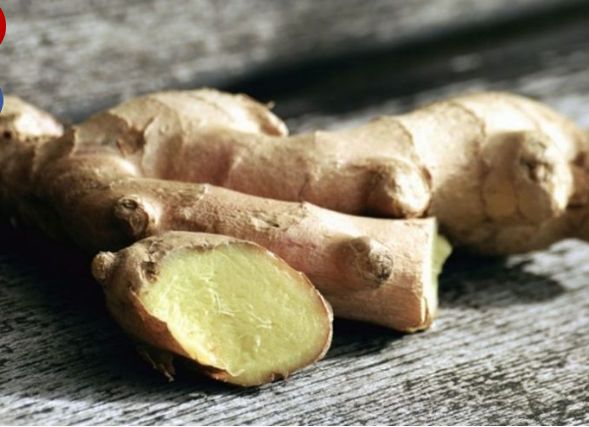Can a high-protein diet cause constipation?

Protein is the basic requirement of a human body. It is needed for the growth and repair of tissues, making it crucial for the maintenance of muscles, organs, skin, and hair. Also, proteins play a key role in the production of enzymes, hormones, and antibodies. These are essential for metabolic processes, immune function, and overall health. However, too much of protein may also lead to problems. People tend to go for a high-protein diet when they are on a fitness mission. But can too much of protein cause constipation?
What is protein?
Protein is a macronutrient made up of amino acids, often referred to as the building blocks of life. These amino acids are essential for various bodily functions, including muscle repair, growth, and overall cellular function, says nutritionist Tanya Mehra.

- Non-vegetarian sources include meat, poultry, fish, eggs, and dairy products such as milk, cheese, and yogurt.
- Vegetarian sources of protein encompass beans, lentils, tofu, nuts, seeds, and grains like quinoa.
How much protein do we need?
The Recommended Dietary Allowance is just 0.8 grams of protein per kg of a person’s weight per day, as per Harvard Health Publishing. However, some people, such as athletes or those recovering from illness or injury, may require higher protein intake, says the expert. Consuming excessive protein, typically more than 2 grams per kg of body weight per day, can strain the kidneys and potentially lead to health issues, including constipation over time.
How does eating too much protein cause constipation?
An April 2024 study published in the Neurogastroenterology & Motility journal found an association between dietary protein intake and an increase in constipation defined by stool consistency risk in participants who had a low amount of carbohydrates.
Protein-rich foods, particularly animal-based proteins like meat, poultry, and dairy, are often low in fiber, which is essential for maintaining regular bowel movements, says the expert. Fiber is basically a type of carbohydrate that is found mostly in legumes, vegetables, fruits and whole grains, as per the Centers for Disease Control and Prevention.
Also, excessive protein intake may lead to dehydration if not balanced with adequate fluid intake, further contributing to constipation. Some individuals may also experience digestive discomfort or bloating when consuming large amounts of protein, which can exacerbate constipation symptoms.
Can protein shakes or protein bars cause constipation?
Protein shakes or bars can potentially cause constipation, particularly if they are low in fiber and consumed in excess, says Mehra. Many commercially available protein supplements are highly processed and may lack the fiber and nutrients found in whole foods. Also, some protein powders contain artificial sweeteners or additives that can disrupt digestion in sensitive individuals. Opting for protein supplements made from natural ingredients and pairing them with fiber-rich foods can help prevent constipation.

How to prevent constipation if you are on a high-protein diet?
Preventing constipation while following a high-protein diet involves ensuring adequate hydration and fiber intake.
- Drinking plenty of water throughout the day helps soften stools and promote bowel regularity.
- Incorporating fiber-rich foods such as fruits, vegetables, legumes and whole grains into meals can aid digestion and prevent constipation.
- Regular physical activity also supports healthy bowel function by stimulating intestinal motility.
When to see a doctor?
If constipation persists despite dietary modifications, it is advisable to consult a doctor for further evaluation and guidance. Persistent constipation may be indicative of underlying health issues that require medical attention, such as intestinal obstruction, irritable bowel syndrome, or gastrointestinal disorders. A doctor can assess individual symptoms, recommend appropriate treatment options, and provide personalised dietary advice to address constipation related to a high-protein diet.
Protein-rich foods may cause constipation if you are mostly eating meat full of protein. Make sure to balance it with foods rich in fiber to prevent constipation.
Source: Thepressradio.com | Healthshots





